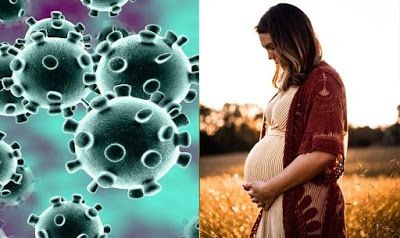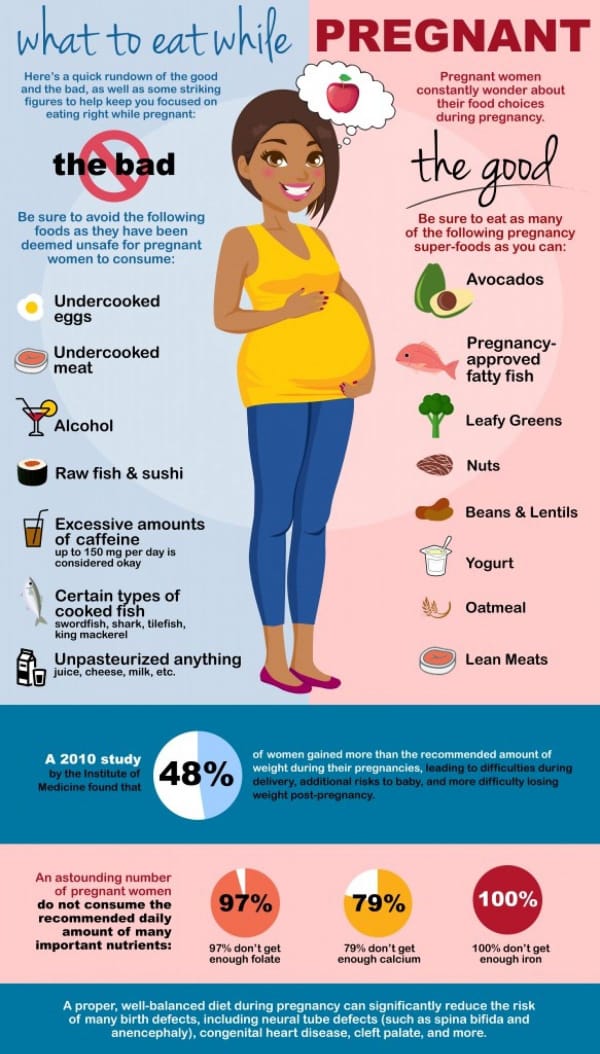Corona COVID-19 and Pregnancy
Novel coronavirus (SARS-COV-2) is a new strain of coronavirus causing COVID-19, first started spreading in Wuhan City, China in October 2019. The information we have here is a sum of few observational studies made on few pregnant women in the past few months in additional to experts’ opinions.

Transmission in pregnancy
COVID-19 can be readily isolated from respiratory secretions, feces and fomites. Pregnant women do not appear more likely to contract the infection than the general population. Pregnancy puts the body’s immune system and the response to viral infections down, also the physiological changes during pregnancy (e.g., diaphragm elevation, increased oxygen consumption, and edema of respiratory tract mucosa) makes them intolerant to hypoxia. That’s why in pregnancy the symptoms of this disease are more severe and pregnant women are more likely to be hospitalized. regarding vertical transmission (transmission from mother to baby during pregnancy or labor), case reports from China have showed no evidence of it. Experts think that the fetus is unlikely to be exposed during pregnancy. A study in china tested amniotic fluid, cord blood, neonatal throat swabs and breastmilk samples from COVID-19 infected mothers and all samples tested negative for the virus. The situation may change and we will continue to monitor outcomes.
Symptoms in pregnancy

Most pregnant women diagnosed with COVID-19 had mild to moderate flu-like symptoms. The risks to the mother appear to increase in during the last trimester of pregnancy. Pregnant women with COVID-19 pneumonia showed clinical characteristics similar to that of nonpregnant adult patients with COVID -19 pneumonia.
In a study in China on 15 pregnant women, the diagnosis for all with COVID-19 pneumonia, including three patients with underlying diseases, was mild pneumonia without acute respiratory distress syndrome in the whole course of the study, all had good recovery and did not need mechanical ventilation. None of them had a relapse or sudden aggravation of pneumonia symptoms due to childbirth or pregnancy.
risk factors that increase the severity of the disease in pregnant women:-Age more than 35
-Body mass index more than 25
-Pre existing medical problems such as diabetes and hypertension
-iow vitamin D level
Imaging
Chest CT showed Ground Glass Opacities, crazy paving pattern, and consolidations in the lower lobes of both lungs.
Fetal/Neonatal Effects
No enough data suggesting increased risk of miscarriage, early pregnancy loss, intrauterine fetal infection, or congenital/teratogenic effects on fetus in relation to COVID-19.
All COVID-19 infected mothers had healthy babies and with good Apgar scores. Swabs from the neonates were all negative. Delivery did not aggravate the severity of COVID-19 pneumonia.
Royal collage advice for pregnant women during this pandemic:
- If you are infected with COVID-19 you are still most likely to have no symptoms or a mild illness from which you will make a full recovery.
- If you develop more severe symptoms or your recovery is delayed, this may be a sign that you are developing a more significant chest infection that requires enhanced care, and our advice remains that if you feel your symptoms are worsening or if you are not getting better you should contact your maternity care team or call 111 straight away for further information and advice.
- You should pay particular attention to avoiding contact with people who are known to have COVID-19 or those who exhibit possible symptoms.
- If you have a routine scan or visit due in the coming days, please contact your maternity unit for advice and to agree a plan. You may still need to attend for a visit but the appointment may change due to staffing requirements.







 Pregnancy Due Date Calculator
Pregnancy Due Date Calculator
 Chinese Gender Predictor
Chinese Gender Predictor
 Ovulation Calculator
Ovulation Calculator
 IVF Due Date Calculator
IVF Due Date Calculator
